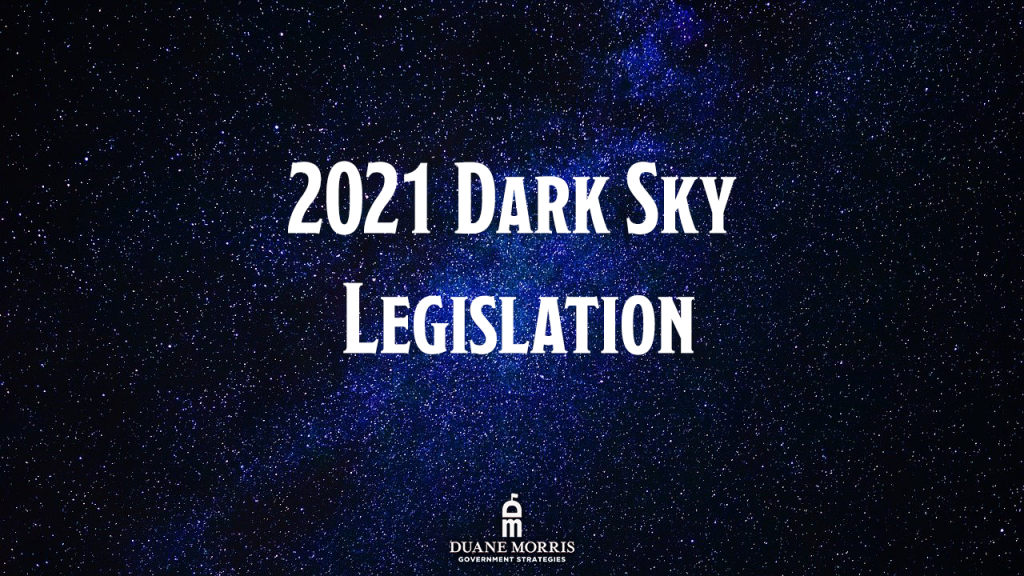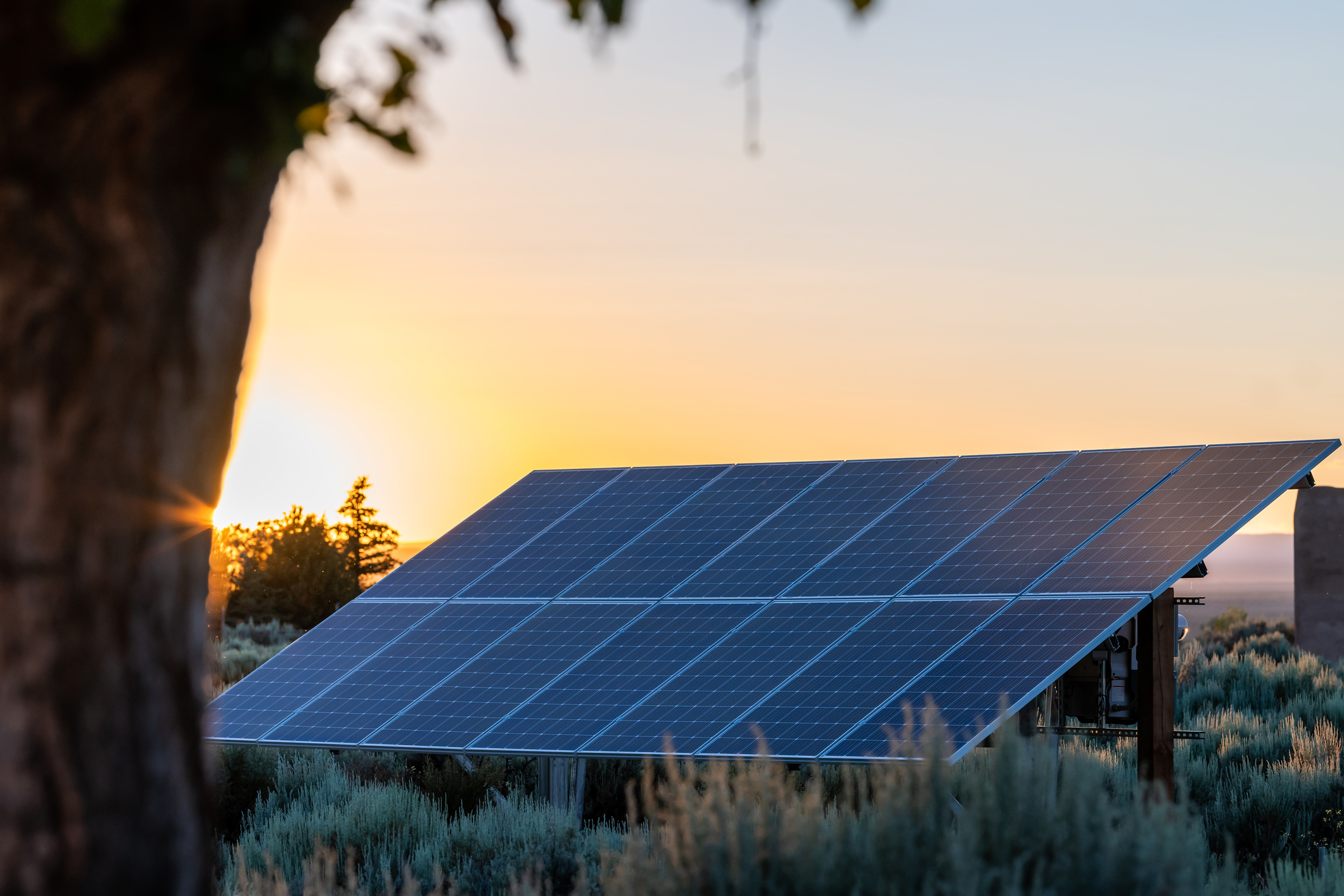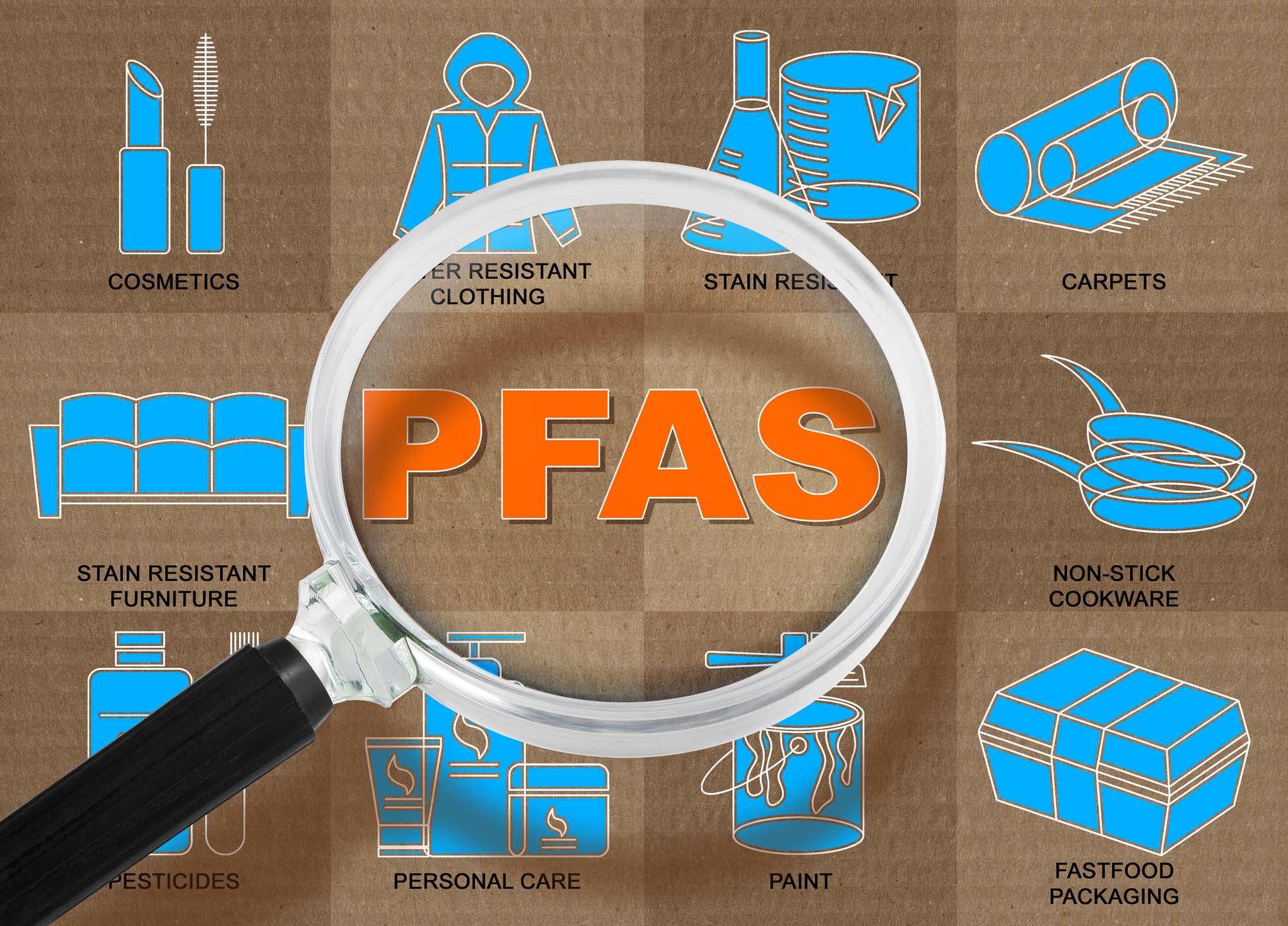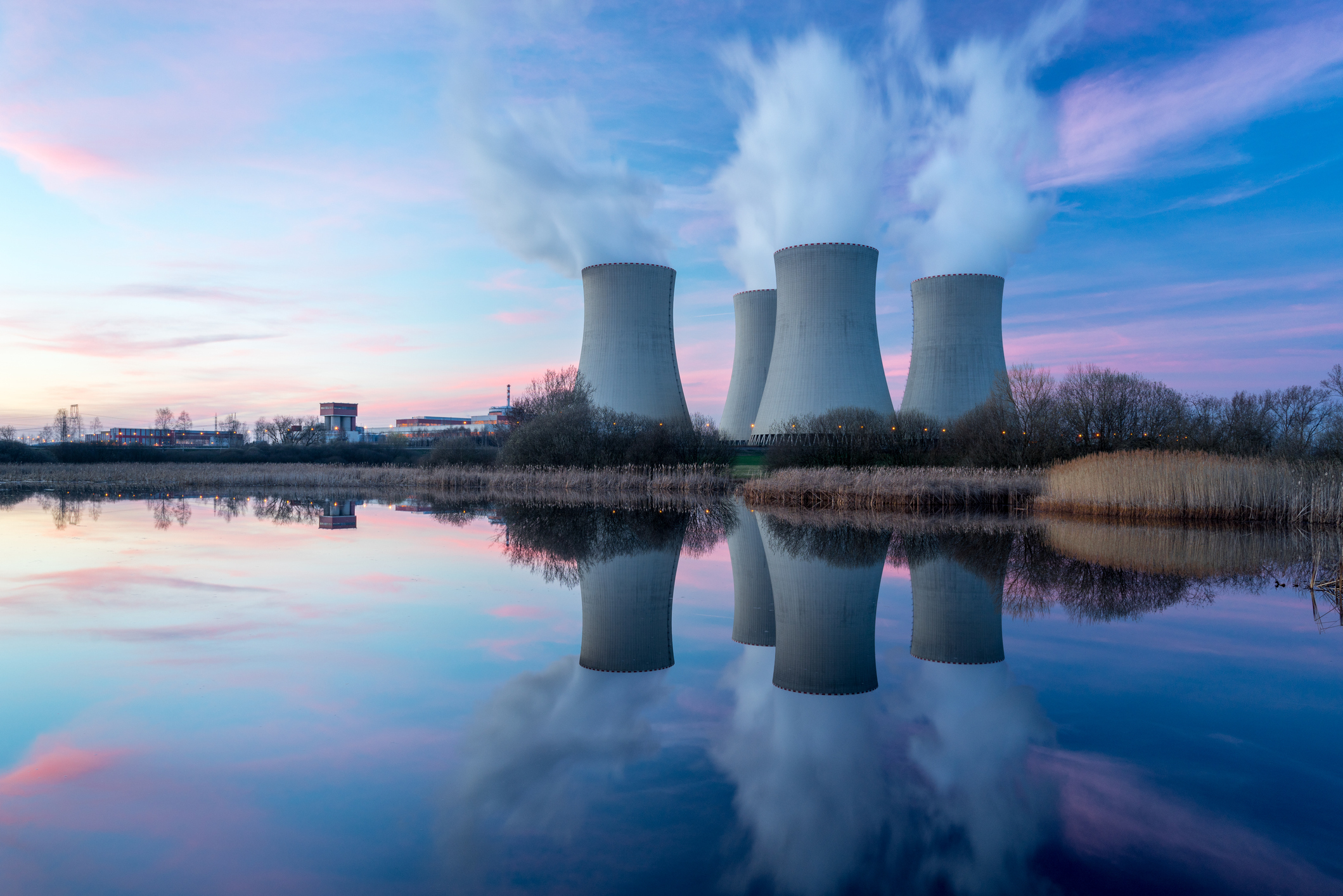
While many are familiar with air, water, and land pollution, another form is receiving some lawmakers’ attention. Light pollution is unwanted or excessive artificial light, which can cause adverse effects and degrade environmental quality. As of 2016, at least 18 states had laws in place to reduce light pollution, most of which have enacted “dark sky” legislation. Not only are some states acting on dark sky legislation, but so are various localities across the country.
Missouri: Ozark Dark Skies Ordinance
Ozark’s City Board of Aldermen passed a dark sky ordinance in July. The ordinance is, according to the City, the first of its kind in Missouri. The dark sky bill amends the City of Ozark’s zoning regulations to establish a new section regulating dark skies design standards.
The ordinance is intended to protect the public health, safety, and general welfare, enable the fair and consistent enforcement of the regulations, control light spillover and glare to reduce the degradation of the sky from light pollution, encourage lighting systems that conserve energy and costs, preserve community character, and provide for nighttime safety, utility, security, and productivity.
Nevada: 2021 Dark Skies Bill Signed into Law
Nevada Governor Steve Sisolak signed a piece of dark sky legislation, SB 52, earlier this year. The bill requires the Administrator of the Division of Outdoor Recreation in the State Department of Conservation and Natural Resources to establish a program for awarding dark sky designation to sites in Nevada.
Specifically, the new law allows for creating a program to award a designation to sites in Nevada where the darkness of the night sky is free of interference from artificial light. Under the bill, the categories that a site may be awarded such designation include a community, park, reserve, or byway.
SB 52 goes into effect on October 1, 2021.
Pennsylvania: Pittsburgh Passes Dark Sky Legislation
In late August, Pittsburgh Mayor Bill Peduto announced a new dark sky lighting ordinance for all city parks, facilities, and street lights. According to the mayor’s announcement, dark sky lighting uses technology, lower color temperature, and shielding to minimize the use of outdoor lighting to only that needed for both comfort and safety.
The ordinance, which passed City Council unanimously in September, requires all newly constructed and renovated City-owned facilities and parks to comply with Dark Sky Lighting principles and mandates that all streetlights be replaced as part of the streetlight retrofit utilize Dark Sky compliant fixtures. The Division of Sustainability and Resilience will create a guide for private property owners and developers to install Dark Sky lighting.
Phipps Conservatory and Botanical Gardens, the National Aviary, and the Pittsburgh Zoo, and PPG Aquarium have all agreed to install Dark Sky lighting as part of their future capital and renovation projects where possible.
Tennessee: Nashville Passes Dark Skies Ordinance
The Nashville Metropolitan Council passed a dark sky ordinance in April. The ordinance amends the City’s code regarding the design and operation of outdoor electrical lighting to achieve light pollution reduction consistent with the International Dark Sky Association guidelines.
The new regulations apply only to new construction and designate five lighting zones from rural to urban and set different outdoor lighting regulations depending on which area it is located.
Exempt from the new dark sky ordinance is lighting located downtown, including Core Historic, Core, Upper Broadway, Second and Broadway, SoBro, and lighting on property owned by the Metropolitan Nashville Airport Authority.
Texas: 2021 Amendment
Governor Greg Abbott let SB 1090 go into effect without his signature in mid-June. The bill exempts lighting ordinances if a governmental entity adopts a resolution stating its intent to become a Dark Sky Community and regulates lighting in a manner not more restrictive than required to become a certified Dark Sky Community.
The purpose of this bill is to ensure the intent of a 2019 bill is upheld. The 2019 bill, HB 2439, allowed building codes with local amendments but prohibited a city from using a building code or other local ordinance to mandate vendor-driven and product-specific mandates in construction. The bill exempted lighting issues in existing Dark Sky Communities. However, an unintended consequence made it difficult or impossible for cities to become new Dark Sky Communities.
Cities in Texas can now again apply to become a Dark Sky Community from the International Dark-Sky Association.
Utah: Dark Skies License Plate
Utah has 20 designated “International Dark Sky Place” locations throughout the state. Some lawmakers want to highlight the state’s dark skies and see them represented on license plates. HB 198 would create a new standard license plate, the Utah Dark Sky license plate.
Other Recent Articles
- Florida 2022 Pre-Filed Bills
- Renewable Fuel Standard Reform Update
- Earned Income Tax Credit Update: EITC Legislation
Latest News
Photo credit: iStock.com/Mikhail Dmitriev State lawmakers have taken legislative action to protect wildlife, including birds such as loons and swans, from lead poisoning. We have seen states pass laws banning lead sinkers or painted lead [...]
Photo credit: iStock.com/krblokhin Solar energy deployment has continued to increase, but the spread of new projects is not comprehensive. The National Renewable Energy estimates that 42% of households cannot access behind-the-meter solar. To address the [...]
Photo credit: iStock.com/Francesco Scatena Recent trends across the country have seen several states introducing bills to ban certain chemicals, particularly perfluoroalkyl and polyfluoroalkyl substances (PFAS), in consumer products. According to the EPA, PFAS are persistent [...]
Photo credit: iStock.com/vlastas As states across the country wrestle with energy challenges and climate goals, lawmakers are increasingly turning to nuclear energy as a viable solution. Nuclear power, known for its reliability and zero-emission benefits, [...]






Stay In Touch